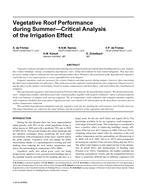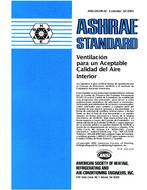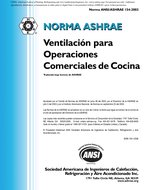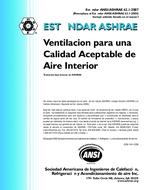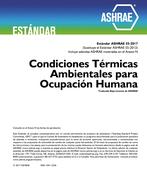Description
Vegetative roofs are nowadays a widespread technology due to many benefits provided both at building and city scale. Namely, they reduce buildings’ energy consumption and improve cities’ urban environment by heat island mitigation. They may also increase rooftop comfort conditions for the users during summer days. Therefore, the assessment of the hygrothermal vegetative roof behavior is very important for a correct quantification of its impacts.
Irrigated vegetative roofs are necessary for certain climates and plant species during summer; however, data concerning the ideal water requirements are still scarce. This study assesses the vegetative roof performance for a temperate climate concerning the effect on the outdoor environment, based on surface temperatures and heat fluxes, with and without the contribution of irrigation.
The experimental vegetative roof setup located in Porto provides data for the hygrothermal analysis. The monitored parameters– temperature profiles, heat fluxes and water content profiles, together with outdoor conditions–allow a detailed analysis of the real behavior in summer with varying irrigation. The air temperature, solar radiation, and irrigation amounts, together with irrigation schedules and antecedent irrigation periods, were found to be determinant on the heat fluxes variation and on surface temperature reduction.
The available hygrothermal simulation tools for vegetative roof, key for studying the roof response, were briefly assessed. The major limitations are related to the water balance and the properties of the vegetation and substrate.
Citation: Thermal Performance of Exterior Envelopes of Whole Buildings XIII, Conference Papers
Product Details
- Published:
- 2016
- Number of Pages:
- 13
- Units of Measure:
- Dual
- File Size:
- 1 file , 8.1 MB
- Product Code(s):
- D-BldgConf16-31
